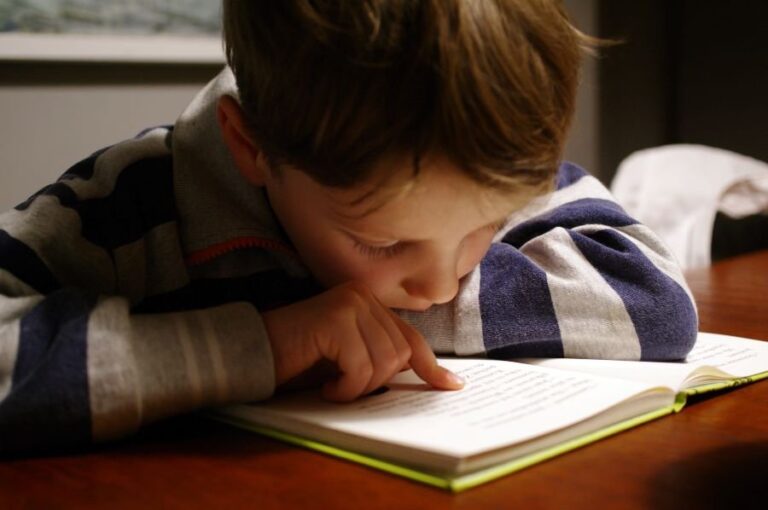Use synonyms of words they already know
Lots of words can be used in other contexts. That is how we often learn new words in different ways – use that logic to help your child develop some new words for themselves as well. To help with this, you can start with the words you know they know and branch out into new words through regular conversation. For example, your child might know the word “big”, but do they know the words, “large”, “huge”, or “ginormous”? It’s time to get them exploring new words.
Apply these new words into different contexts
When you talk to your child on a regular basis, use different contexts to introduce these new words in. They can help your child with their understanding of when to use them and where they could use them as well. For example, following with learning words associated with “big”, you could say to your child, “that is a large box, right?” or “that cup is ginormous!”. The more you use the words the better, as children are learning from you in these cases.
Repeat all of these new words
And if it wasn’t already obvious, repeating these words on a regular basis will help your child know when to confidently use them. Say them over and over so that your child gets used to the pronunciation, and then ask your child to write them out as well. When you see them in their books, or in a newspaper article, or even on the TV, point them out to your child and get them to say the word as well. It’s good practice for when they have to use these words for themselves when they’re on their own.
Vocabulary development can always be tracked at your child’s school, too. It’s important to see how your child progresses each week when they attend school, and it’s something this nursery in Brighton also recommends. Try these methods today to see how your child gets on.



